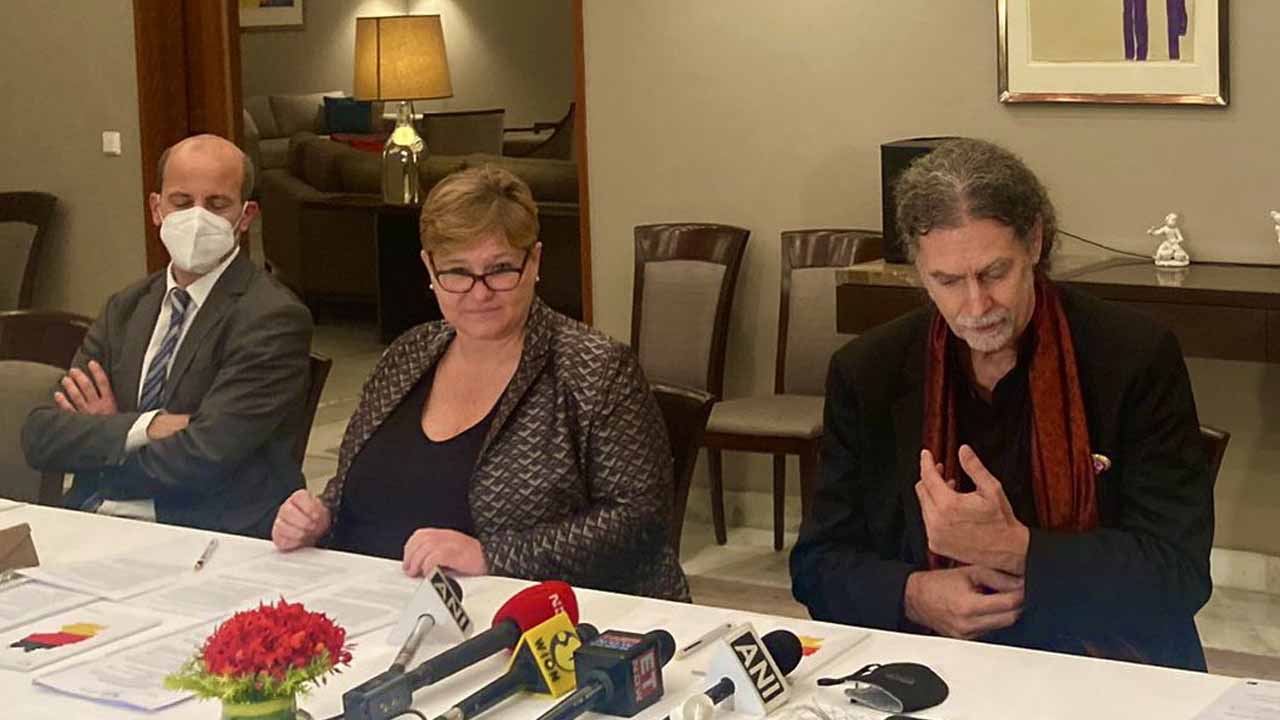Germany has announced new development commitments of over euro 1.2 billion (approximately Rs 10,025 crore) to India to support its fight against climate change and assist in areas such as clean energy.
German Ambassador to India, Walter Lindner said, “We try to work together with India and help with climate change, renewable energy and similar projects, which also helps in working towards our own goals we promised at COP26 in Glasgow.”
Support for development & fight against climate change are a center stone of GER/IND relations. GER just made new commitments for 2022 of 1.3 billion € today! Together we’ll achieve cleaner energy, more sustainable cities & better protection of natural resources…here press conf pic.twitter.com/s7hTWVnDHJ
— Walter J. Lindner (@WalterJLindner) November 24, 2021
India is the biggest development cooperation partner for Germany and the bilateral cooperation rests on four key megatrends of climate change, urbanisation, degradation of natural resources and pressure on democracy and society, said Professor Claudia Warning, Director General, German Ministry for Economic Cooperation and Development (BMZ). Professor Claudia Warning is leading the BMZ delegation currently visiting India.
On November 23, 2021, India’s NITI Aayog signed a Statement of Intent (SoI) with the BMZ to conduct joint research to assist in the development of approaches and formulation of policies to address multi-sectoral challenges. The cooperation will be in the areas of climate and Sustainable Development Goals, energy, emerging technologies and agroecology. Once every two years, the countries will have a dialogue, NITI-BMZ Dialogue on Development Cooperation, to discuss and share insights on key issues. The first dialogue is expected to be held in February 2022.
India and Germany have also launched the inaugural SDG Urban Index and Dashboard (2021-22), which ranks 56 urban areas on 77 SDG indicators. The data on these indicators have been sourced from official data sources such as NFHS, NCRB, U-DISE, data portals of various ministries, and other government data sources. The index and dashboard will strengthen SDG localisation and institute robust SDG monitoring at the city level.





























